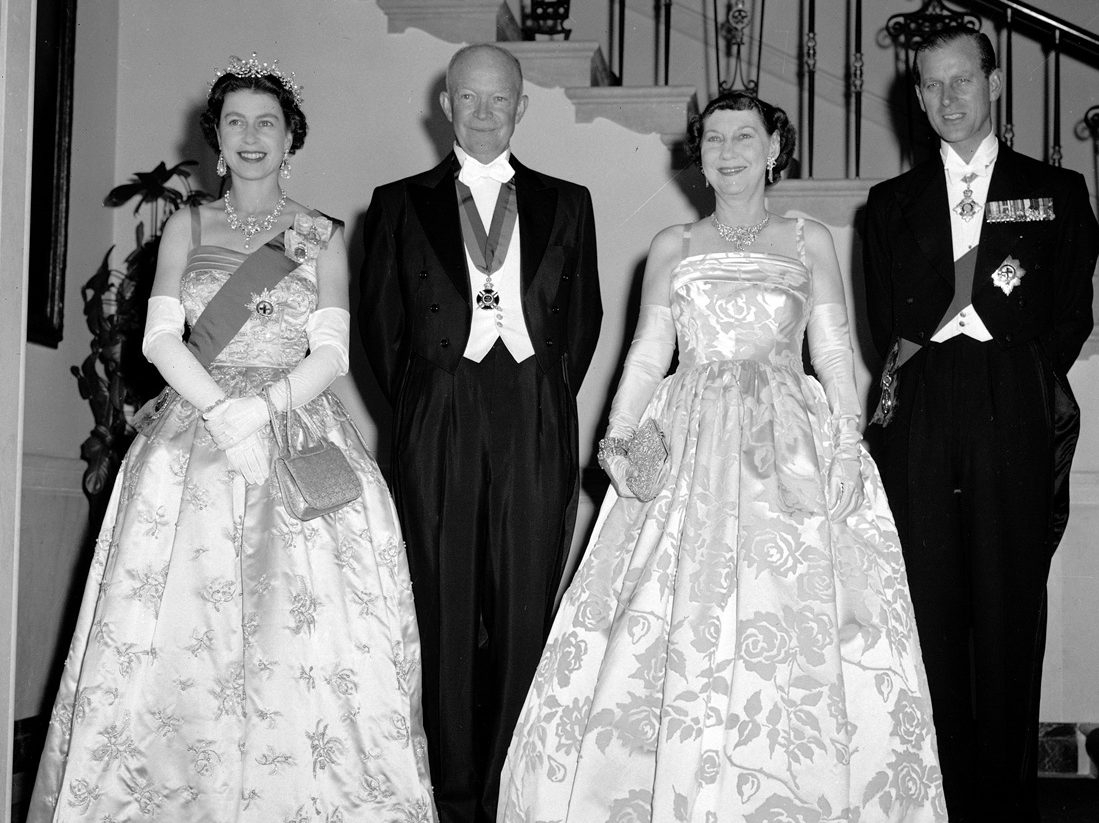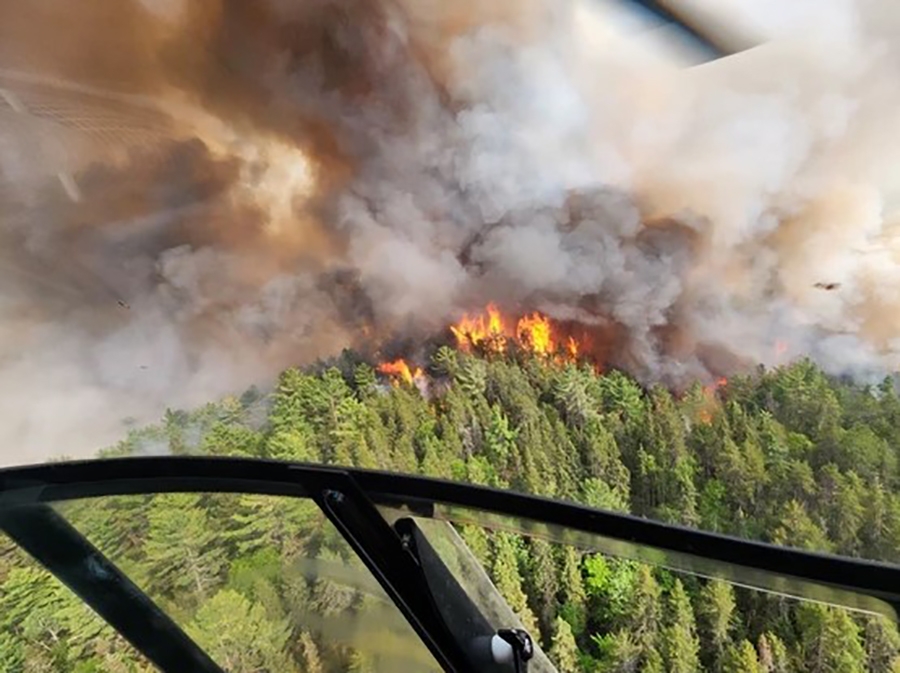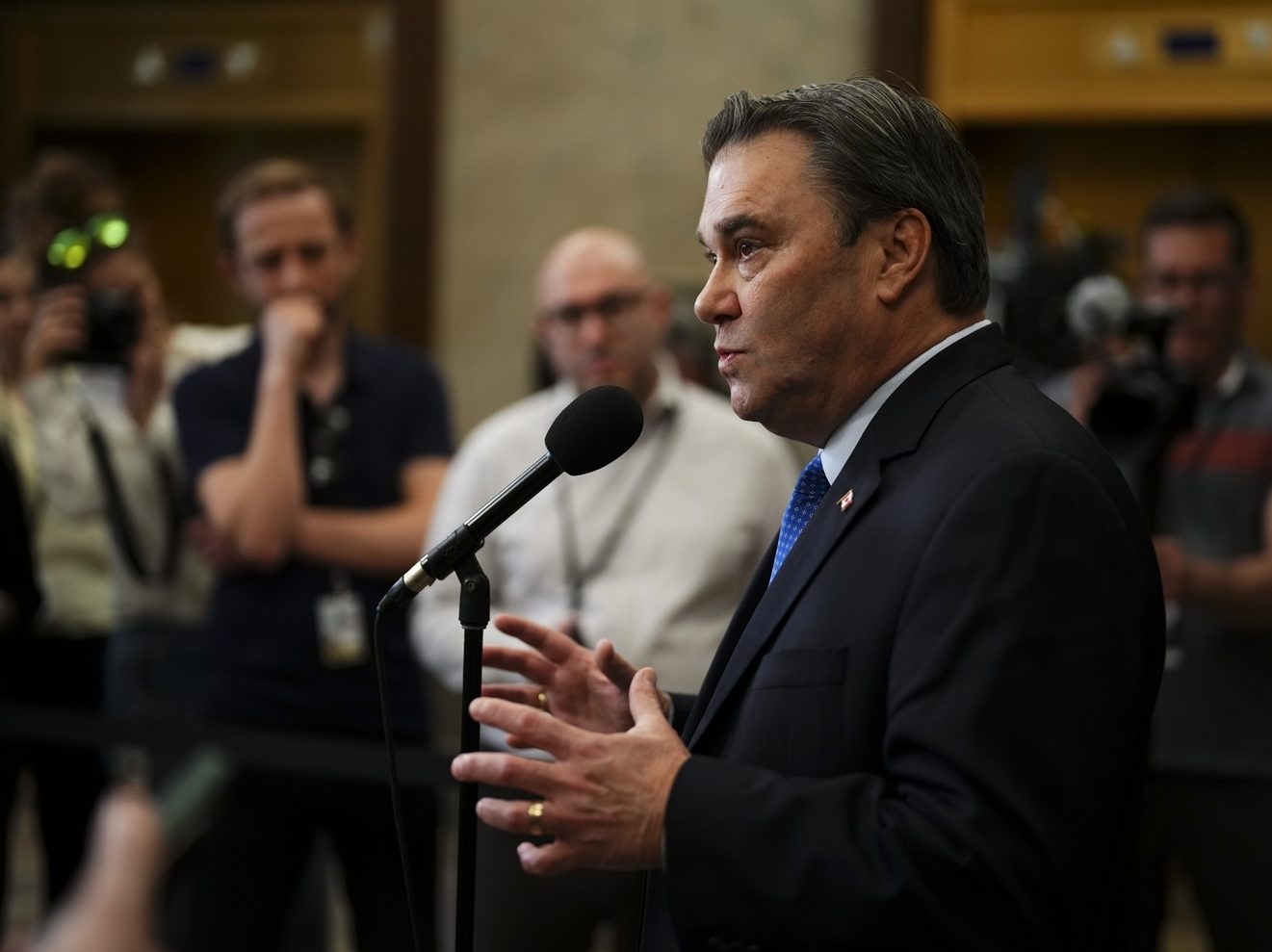Viswashkumar Ramesh, 39, walks with the weight of a miracle and a grief too heavy to bear. He is the sole survivor of the Air India crash in Ahmedabad, a distinction that feels less like fortune and more like a cruel echo of loss.
The Boeing 787, bound for London, had barely left the ground when disaster struck. Ramesh remembers the impact, the chaos, and then, inexplicably, finding himself able to walk away from the wreckage – a scene of devastation that claimed the life of his younger brother.
“I lost my brother as well. My brother is my backbone,” he shared, his voice heavy with sorrow. For years, his brother had been his unwavering support, a foundation now shattered by the tragedy.
Back in his home in Leicester, the physical wounds are only part of the battle. Severe post-traumatic stress grips him, silencing his conversations with his wife and four-year-old son. He finds solace only in solitude, retreating into the quiet of his own home.
The crash occurred five minutes after takeoff at 1:38 p.m. local time, sending the aircraft into a residential area. Of the 242 passengers and crew onboard, Ramesh alone emerged from the twisted metal, a haunting image captured in videos showing him stumbling away with minor injuries.
He recalls a desperate scramble to escape, unbuckling his seatbelt and crawling through an opening near seat 11A. The memory, however, is a relentless torment, replaying in his mind each night.
The pain extends beyond the emotional. Ramesh suffers from injuries to his leg, shoulder, knee, and back, hindering his ability to work or even walk without assistance. His wife now guides his steps, a constant reminder of his diminished state.
Diagnosed with PTSD during his hospital stay in India, he has received no further treatment since returning to the U.K. Those around him describe a man utterly lost and broken, desperately in need of support.
Advocates are pleading for Air India officials to meet with Ramesh and the other families affected by the crash, seeking not just condolences, but tangible assistance. They emphasize the profound mental, physical, and financial crises facing those left behind.
Despite repeated attempts, requests for a meeting with the airline have been met with silence or refusal. The families feel abandoned, their suffering compounded by a lack of acknowledgment and support from those responsible.
While the airline maintains it continues to visit families and offers to meet with Ramesh’s representatives, the pleas for direct engagement remain unanswered. For Ramesh, the journey to recovery feels impossibly long, shadowed by grief and the haunting reality of being the sole survivor.






